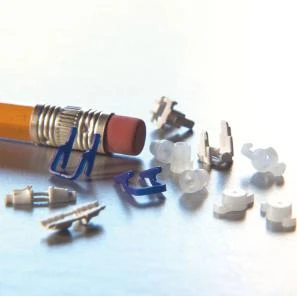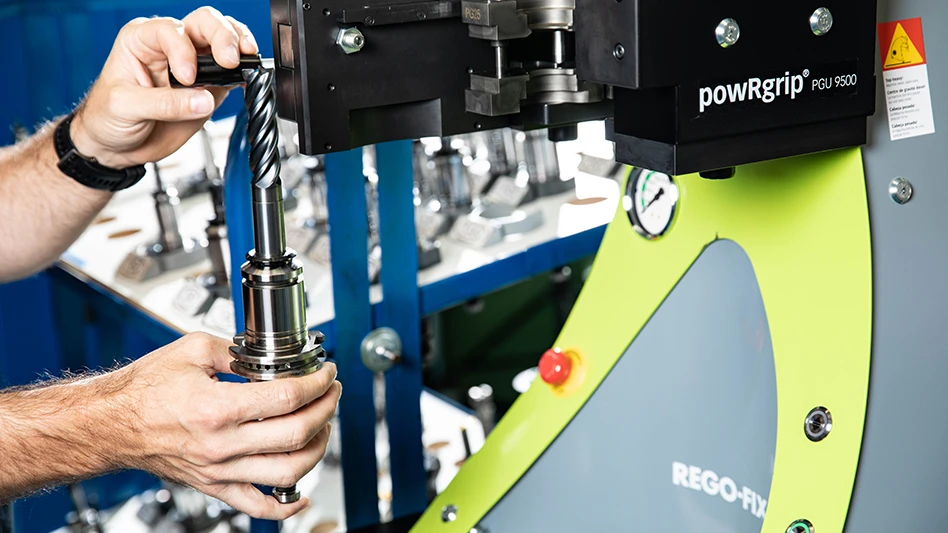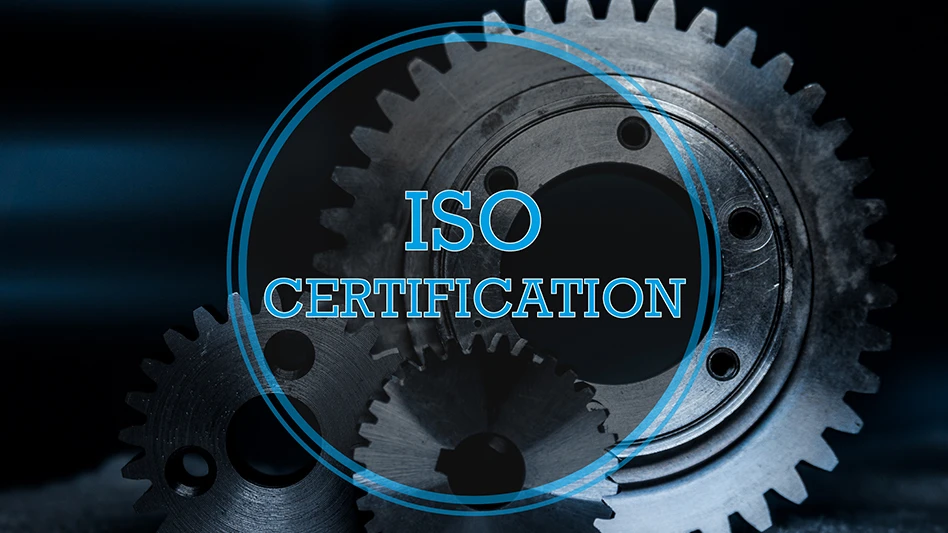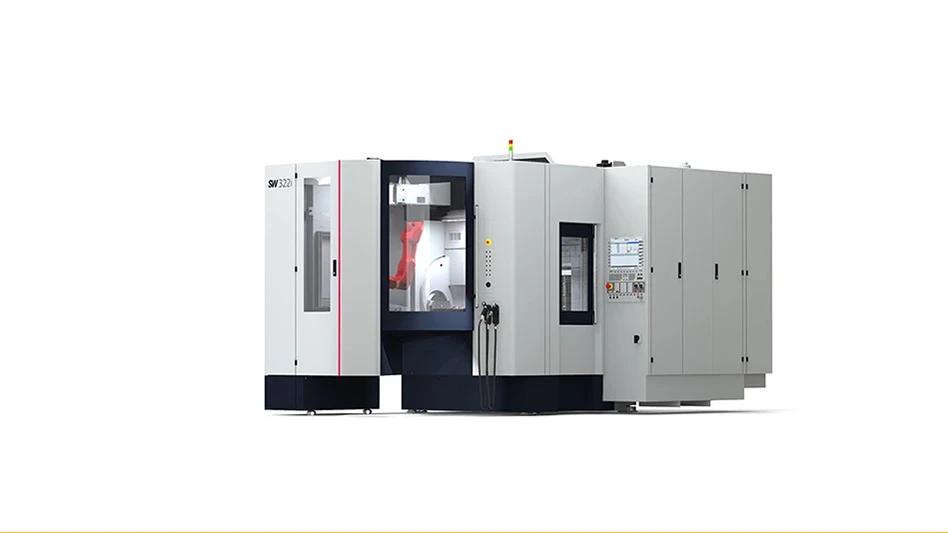
After nearly two years of research and development, Phillips Plastics Corporation offers an advanced technology to the medical industry that it hopes will help contribute to saving lives. Phillips engineers have advanced a breakthrough proprietary process for micro molding alloys that eliminates machining and lowers costs considerably and will ultimately give the medical industry smaller and longerlasting implants and surgical tools in a shorter time to market.
The surgeon delicately and steadily connected the blood vessels and nerves in the patient's hand with the vital aid of a microscope and a miniature surgical tool. Microsurgery has opened new doors for medical treatments that a few years ago weren't even considered possible. As a result of these successes, the medical community continues to demand even smaller tools and medical devices. Manufacturers like Phillips Plastics Corporation have answered the demands for the smaller, intricate, lightweight components with technology such as micro molding.
The term "micro molding" today has a very different meaning than it did even 10 years ago thanks to advances in technology. The challenge at first was a daunting one considering that for the most part the machines and automation to handle micro molded parts in lightsout operation were not available. While several manufacturers ultimately developed and offered the technology, including Phillips Plastics Corporation, the medical community wanted more.
Actually, the medical industry wanted less, as in even smaller. So while companies like Phillips were micro molding plastic materials for the medical industry applications included implants and other components for medical devices Phillips continued to conduct research to find ways to manufacture parts in even smaller dimensions that could be made of plastic or metal.
But there was an inherent obstacle to molding metal: it was a difficult, timeconsuming process because it needed to be done predominantly by multiple processes of injection molding, debinding and sintering. The difficulty of the process and the amount of time it took also translates into high costs.
Phillips engineers, however, have developed a proprietary process that reduces this difficulty: The company recently announced a micro molding technology for metal that uses metal injection molding instead of machininga fact that sets Phillips apart from its competitors in the metal micro machining industry.
Since the expensive process of machining is reduced, Phillips can produce the parts much faster and at extreme cost savings to customers. The reason: machining can require the production of multiple parts to produce a component while molding is capable of the same production result with a single part.
After a year and a half of intensive research by a team of Phillips engineers at its Menomonee, WI campus, Phillips' proprietary micro molding process can be used with alloys that include nickel steels, stainless steels and titanium.
"Everything is getting smaller," says Bruce Siebold, Phillips' director of technology. "The medical world is continually looking at implanting and at lessinvasive techniques and types of procedures. They are asking for smaller medical instruments and less invasive procedures so the devices are getting smaller, too." The cost to the customer is much lower since they are not buying any tooling or a recurring engineering charge, Siebold adds.
Excellent Consistency and Flexibility
Phillips can micromold parts sizes that range from .003 cubic inches down to 0.0001 for both plastics and metals and can hold tolerances to plus or minus 0.0005 inches per inch. This differs from Phillips' typical MIM capabilities in which it can create metal components ranging in size from as low as .10 grams to 150 grams with assintered tolerances within 0.003 to 0.005 inches per inch (0.30.5%).
Another advantage for Phillips customers is the breadth of valueadded services it offers them: Phillips' specialized focused factories ensure that all requirements of the medical industry are met from molding and assembly in clean rooms, to specialized, valueadded lowvolume products. The company is also competitive for extremely high volume programs. "In terms of the part design, we can offer all conventional tool parameters for any part, including slides, lifters, stripper plate, Aside ejection," Siebold says.
Phillips engineers also will evaluate unique materials for customers, as well as offer other services. "We have a total package that fits with all of our core technologies, that fits with our micro world," he adds. Micro molding with plastic materials has few limitations, a Phillips engineer says. And for the customer, that obviously is only good news. He says, "Where we set ourselves apart is in clean room. The implantable materials are real high cost, and we set ourselves apart from the more traditional micro molding manufacturers because we are very competitive. We can produce very small MIM components at a very low cost." TMD
Micro molding of metals without machining is the new focus for Phillips. For more information on micro molding technology, go to www.phillipsplastics.com.

Explore the May 2005 Issue
Check out more from this issue and find your next story to read.
Latest from Today's Medical Developments
- Tariffs threaten small business growth, increase costs across industries
- Feed your brain on your lunch break at our upcoming Lunch + Learn!
- Robotics action plan for Europe
- Maximize your First Article Inspection efficiency and accuracy
- UPM Additive rebrands to UPM Advanced
- Master Bond’s LED415DC90Med dual-curable adhesive
- Minalex celebrates 60 years of excellence in miniature aluminum extrusions
- Tormach’s Chip Conveyor Kit for the 1500MX CNC Mill





